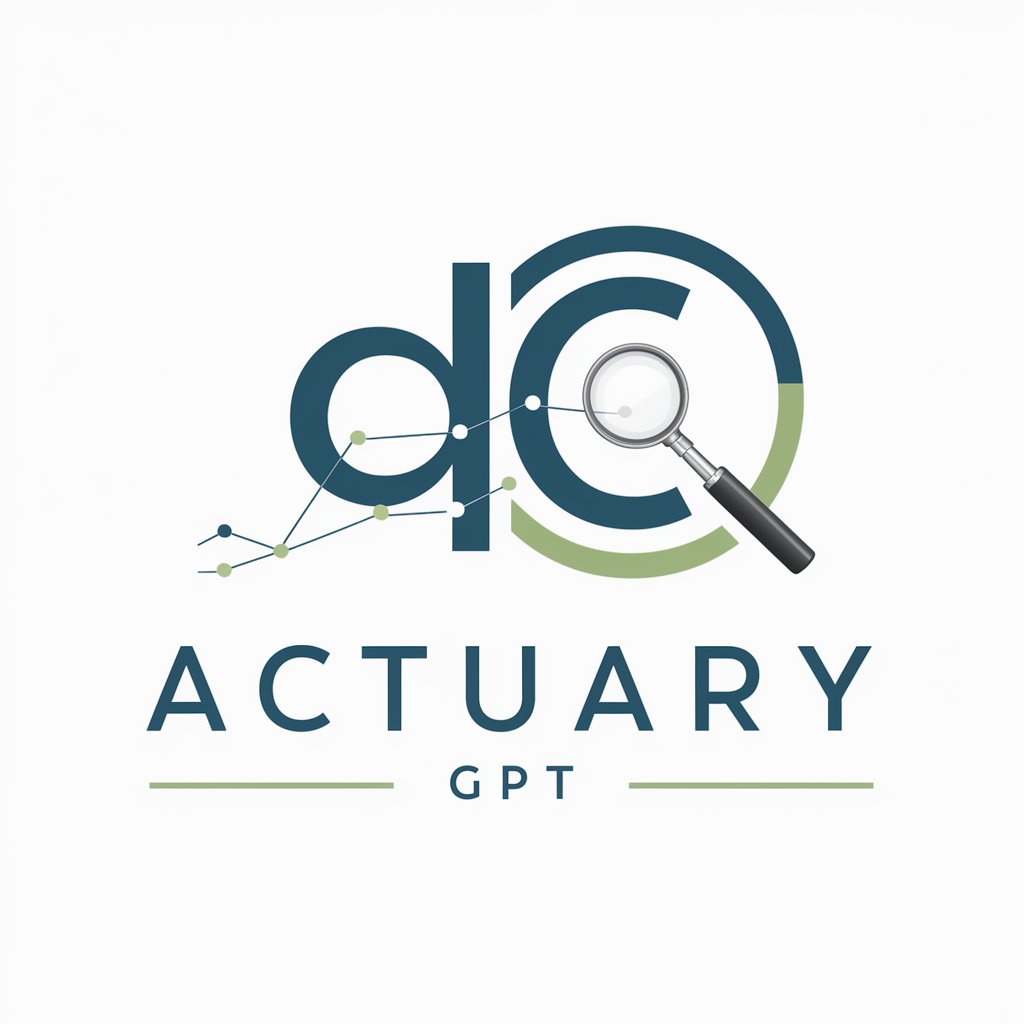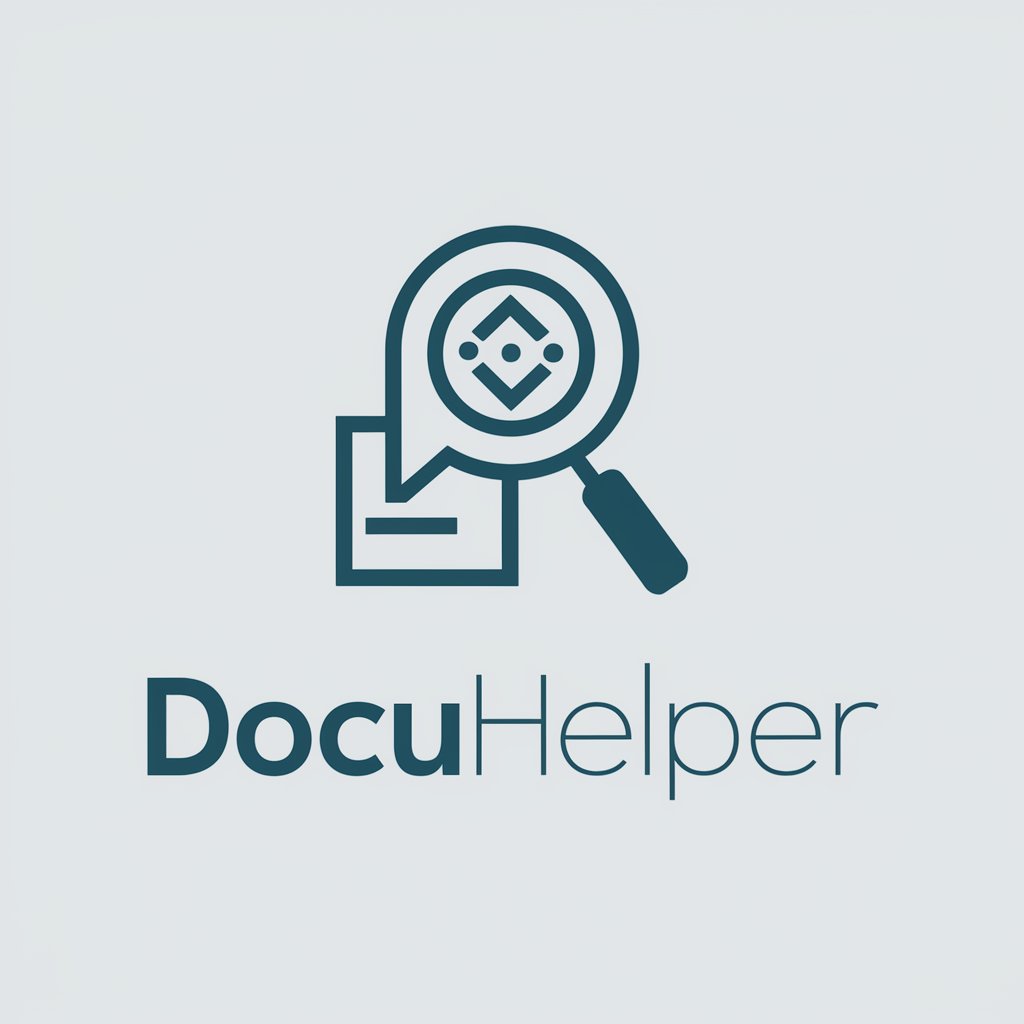9 GPTs for Insurance Analysis Powered by AI for Free of 2026
AI GPTs for Insurance Analysis are advanced tools powered by Generative Pre-trained Transformers, designed to cater specifically to the insurance sector. These tools leverage AI to analyze vast amounts of data, providing insights, risk assessments, customer service, and claims processing solutions tailored for the insurance industry. Their ability to understand and generate human-like text makes them invaluable for automating and enhancing various insurance-related tasks, thereby streamlining operations and improving decision-making processes.
Top 9 GPTs for Insurance Analysis are: The Actuary,Solva2GPT BETA,Catastrophe Insight,Healthcare Navigator,Risk Manager's Toolkit,アダチさん17号(ファイナンシャルプランニング篇),Actuary,DocuHelper,Policy Analyst AI
The Actuary
Empowering Actuarial Decisions with AI

Solva2GPT BETA
Navigating Solvency II with AI Precision

Catastrophe Insight
Empower Your Decisions with AI-Driven Catastrophe Insights

Healthcare Navigator
Empowering Your Healthcare Decisions with AI

Risk Manager's Toolkit
Empowering Risk Decisions with AI

アダチさん17号(ファイナンシャルプランニング篇)
Empowering Your Financial Decisions

Actuary
Empowering Risk Solutions with AI

DocuHelper
Transforming Insurance Understanding with AI

Policy Analyst AI
Optimizing Insurance Coverage with AI

Key Features of Insurance Analysis AI
These GPT tools stand out for their adaptability, offering solutions that range from basic customer inquiries to complex risk assessment models. Key features include natural language processing for analyzing customer feedback, automated claims processing, fraud detection capabilities, and personalized insurance recommendations. Specialized functionalities might also encompass policy renewal reminders, market analysis, and regulatory compliance support, all tailored to enhance efficiency within the insurance domain.
Who Benefits from Insurance Analysis AI?
AI GPTs for Insurance Analysis are designed for a wide range of users, including insurance novices, industry professionals, and developers. These tools are accessible to those without any coding skills, offering easy-to-use interfaces for basic operations, while also providing advanced customization options for experts seeking to develop sophisticated insurance analysis models or integrate AI functionalities into existing systems.
Try Our other AI GPTs tools for Free
Location Finder
Discover the future of geographical exploration with AI GPTs for Location Finder. Tailored AI solutions for navigating, analyzing, and understanding locations worldwide.
Menu Insights
Discover AI-driven insights for optimizing menus with our cutting-edge GPT tools, designed for culinary professionals seeking to enhance their offerings and understand market trends.
Promotion Updates
Discover how AI GPTs transform Promotion Updates with automated, personalized content creation and distribution, making promotional strategies more effective and engaging.
Collectible Evaluation
Discover how AI GPTs transform collectible evaluation with advanced analysis, insights, and tailored advice for collectors and investors.
Metal Valuation
Explore AI GPTs for Metal Valuation: cutting-edge tools designed for dynamic market analysis, offering tailored solutions for traders and analysts.
Market Trending
Discover how AI GPTs for Market Trending transform data into actionable insights with advanced analytics, tailor-made for financial professionals and enthusiasts.
Expanding Horizons with AI in Insurance
AI GPTs as customized solutions are revolutionizing the insurance sector, offering scalable, efficient, and more accurate analysis. Their user-friendly interfaces and integration capabilities make them highly adaptable to various insurance tasks, promising significant improvements in customer satisfaction and operational efficiency. The ongoing advancements in AI technology suggest a future where AI-driven insights become even more integral to the insurance industry.
Frequently Asked Questions
What exactly can AI GPTs for Insurance Analysis do?
They can automate customer service, process claims, detect fraud, provide risk assessments, and offer personalized insurance advice, among other tasks.
Do I need coding skills to use these AI GPT tools?
No, many of these tools are designed with user-friendly interfaces that require no coding skills for basic operations.
Can these tools be customized for specific insurance tasks?
Yes, they offer both out-of-the-box solutions for common tasks and customizable options for more specialized needs.
How do AI GPTs enhance fraud detection in insurance?
They analyze patterns in data to identify anomalies that may indicate fraudulent activity, improving detection rates and reducing false positives.
Can AI GPTs integrate with existing insurance systems?
Yes, they can be integrated into existing workflows and systems, enhancing their capabilities without the need for extensive overhauls.
Are there privacy concerns with using AI in insurance analysis?
While AI can significantly enhance operational efficiency, it's important to use these tools in compliance with data protection regulations to safeguard customer information.
How do these tools handle complex insurance claims?
They use advanced algorithms to assess and process claims, taking into account various factors to ensure accurate and fair outcomes.
What future developments can we expect in AI GPTs for insurance?
Future enhancements may include more sophisticated predictive analytics, deeper integration with IoT devices for real-time data analysis, and improved interfaces for an even broader user base.